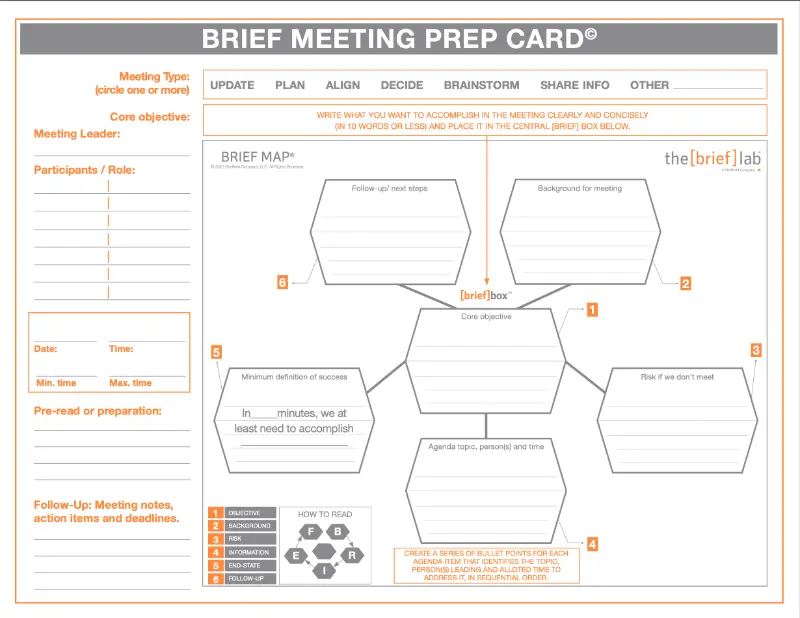[vc_row][vc_column][vc_column_text] [/vc_column_text][/vc_column][/vc_row][vc_row][vc_column][/vc_column][/vc_row][vc_row][vc_column][vc_column_text]In this week’s episode of my Just Saying podcast — “Concise Writers are Ruthless Redactors” — I discuss the need to self-edit, a valuable skill for anyone who wants to become a better writer.
[/vc_column_text][/vc_column][/vc_row][vc_row][vc_column][/vc_column][/vc_row][vc_row][vc_column][vc_column_text]In this week’s episode of my Just Saying podcast — “Concise Writers are Ruthless Redactors” — I discuss the need to self-edit, a valuable skill for anyone who wants to become a better writer.
A big part of becoming a better writer means learning to omit needless words. In an attention-starved world, concise writing means being ruthless about what’s really important and what’s just fluff. It’s a skill that will help you succeed when others fall flat.[/vc_column_text][/vc_column][/vc_row][vc_row][vc_column][vc_column_text]
Be a Ruthless Redactor
Most professionals believe they are good (if not great) writers. When no one calls you out — specifically — on your writing skills, it’s tempting to think you write as well as anyone else.
It reminds me of a line delivered by Carrie Fisher’s character in the film “When Harry Met Sally”:
“Everyone thinks they have good taste and a sense of humor, but they couldn’t possibly all have good taste.”
It’s true. Most of us aren’t good writers. I experienced this firsthand when I hired an in-house editor for the manuscript of my book, Brief: Make a Bigger Impact by Saying Less.
I gave her the manuscript and two hours later she handed it back to me. I opened it to discover she’d struck the first sentence of my book. THE FIRST SENTENCE. When I asked her why, she said, “When I read that sentence, I wanted to put the book down.” Ouch.
After I got over myself, I incorporated her edits. It was a great lesson to learn: Not everyone thinks everything I write is important or meaningful. But much of it is, and I should include ONLY those parts and omit the rest.[/vc_column_text][/vc_column][/vc_row][vc_row][vc_column][vc_column_text]
Kill All Your Darlings
“Kill all your darlings” is advice directed toward writers, referring to the fact that most of us love what we’ve written and actually believe there is nothing to cut. The quote is attributed to William Faulkner and a few other 20th century authors, but its precursor is even more dramatic:
‘Whenever you feel an impulse to perpetrate a piece of exceptionally fine writing, obey it—whole-heartedly—and delete it before sending your manuscript to press. Murder your darlings.’ — Sir Arthur Quiller-Couch (1863–1944). On the Art of Writing
Perhaps Elmore Leonard, the author of “Get Shorty,” said it best in his Ten Rules of Writing: “Try to leave out the part that people tend to skip.”[/vc_column_text][/vc_column][/vc_row][vc_row][vc_column][vc_column_text]
Why Do Readers Skip and Skim?
Most readers skip and skim because writers include information that they erroneously believe is meaningful. Readers are trying to find the important parts without getting bogged down in the corporate speak.
The irony is that mediocre writers actually have trained readers to ignore most of what they’ve written.
The best writers make their point in as few words as possible. No one has time to wade through a word-salad, especially in a business setting. People are inundated with emails, meetings, text messages, instant messages and phone calls. They’re already drowning in information.
If you actually want people to read all of what you write, try these three ways to begin self-editing now:
1. Buy a Box of Red Pens. There’s nothing like editing something in red. It’s dramatic. It screams: “We don’t need this!” When you edit your own or someone else’s writing, print it out, get out the red pen and see how much you can make it bleed.
2. Buy a Book. “The Elements of Style,” by William Strunk, Jr. and E.B. White, can help you become a more concise writer. Go right to point #13: Omit Needless Words. Remember it. Live by it.
“A sentence should contain no unnecessary words, a paragraph no unnecessary sentences, for the same reason that a drawing should have no unnecessary lines and a machine no unnecessary parts. This requires not that the writer make all his sentences short, or that he avoid all detail and treat his subjects only in outline, but that every word tell.”
3. Remember: It’s Not About You. When you ask someone to edit your writing, they’re going to change things, and perhaps eliminate sentences and paragraphs. Don’t take it personally. It’s not about you, it’s about the reader. You think everything you write is necessary. It isn’t.
Consider self-editing a personal challenge. When you write something, print it out, examine it, get out your red pens, and see how much lighter and tighter you can make it.
Whether it’s an email, a blog, a status report, or a speech, there’s dead weight in there. So, get out there and kill all your darlings. Your audience will love you for it!
[/vc_column_text][/vc_column][/vc_row][vc_row css=”.vc_custom_1499353064615{margin-bottom: 30px !important;}”][vc_column][mk_button dimension=”flat” size=”large” icon=”mk-li-micro” icon_anim=”side” url=”https://itunes.apple.com/us/podcast/the-brief-lab-just-saying/id1203496747?mt=2&ign-mpt=uo%3D4″ target=”_blank” align=”center” bg_color=”#00b7e0″]SUBSCRIBE NOW[/mk_button][/vc_column][/vc_row][vc_row][vc_column][vc_column_text]
 I’M “JUST SAYING,” SUBSCRIBE TO THE PODCAST!
I’M “JUST SAYING,” SUBSCRIBE TO THE PODCAST!
Just Saying is relaxed, informal, optimistic and funny, and you can subscribe to it on iTunes or listen to episodes as they are released on The Brief Lab website.
If you enjoy it, please share and subscribe through iTunes so you’re always up to date on the latest episode![/vc_column_text][/vc_column][/vc_row][vc_row][vc_column][vc_separator][/vc_column][/vc_row][vc_row][vc_column][vc_column_text]About the author: Joe McCormack is on a mission to help progressive organizations master concise communication. Joe works with Fortune 500 companies and elite special operations units, is the founder of The Brief Lab and author of Brief: Make a Bigger Impact by Saying Less. Follow us on Twitter @TheBriefLab[/vc_column_text][/vc_column][/vc_row]

